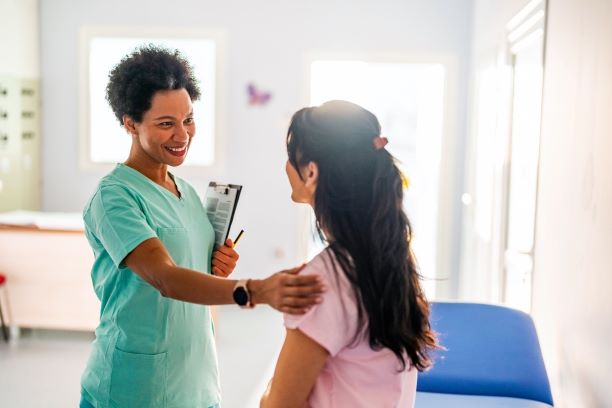Can you eat your way to lower cholesterol?
Posted January 7, 2016
Can dietary and lifestyle changes lower cholesterol? Find out what an Allina Health cardiologist has to say.
Continue reading
PREVENT
Posted May 1, 2024
A stroke happens when blood and oxygen flow to the brain stops or gets interrupted due to a ruptured or blocked blood vessel. While you may envision an older person when you read that, the fact is a stroke can happen to anyone at any age — and they’re happening to more and more younger people. About a quarter of the strokes occur in those under the age of 65.
Doctors researching this trend say it could be devastating if not addressed, citing the long-term burden for the person who has a stroke, their caregivers and society as a whole.
The same issues that lead to strokes in older people can also cause them in younger age groups. The Centers for Disease Control and Prevention says 1 in 3 U.S. adults now has at least one of the conditions or habits that can contribute to a stroke, including:
However, a stroke in a young person can happen for other reasons. Some causes include:
Worth noting: A recent study also revealed that certain nontraditional risk factors, such as migraines, are as important as traditional factors for adults younger than 35.
When a stroke strikes, time is of the essence. There are several treatment options, and they are most effective in the first few hours after symptoms start.
Use the acronym "BE FAST" to identify signs of stroke:
Other sudden stroke symptoms:
Call 911 immediately if you suspect a stroke.
While there are risk factors you can't control, such as age, race or family history, there are things you can do to decrease your risk of having a stroke. This is especially important for non-Hispanic Black adults whose risk of having a first stroke is nearly twice as high as some other adults.
Big picture: Doctors say younger people with risk factors need more health screenings, especially for high blood pressure and diabetes. Ask your health care provider to check and help you manage your blood pressure, cholesterol and blood sugars — especially if you have a family history of strokes.
Consider these additional ways of improving health and reducing the risk for stroke:
Go deeper: Get more information about stroke treatment.
Primary care
Learn moreUnderstand more about strokes
Learn morePosted January 7, 2016
Can dietary and lifestyle changes lower cholesterol? Find out what an Allina Health cardiologist has to say.
Continue readingGet fun, inspiring, provider-reviewed articles sent to your inbox.
Sign up for our email newsletter